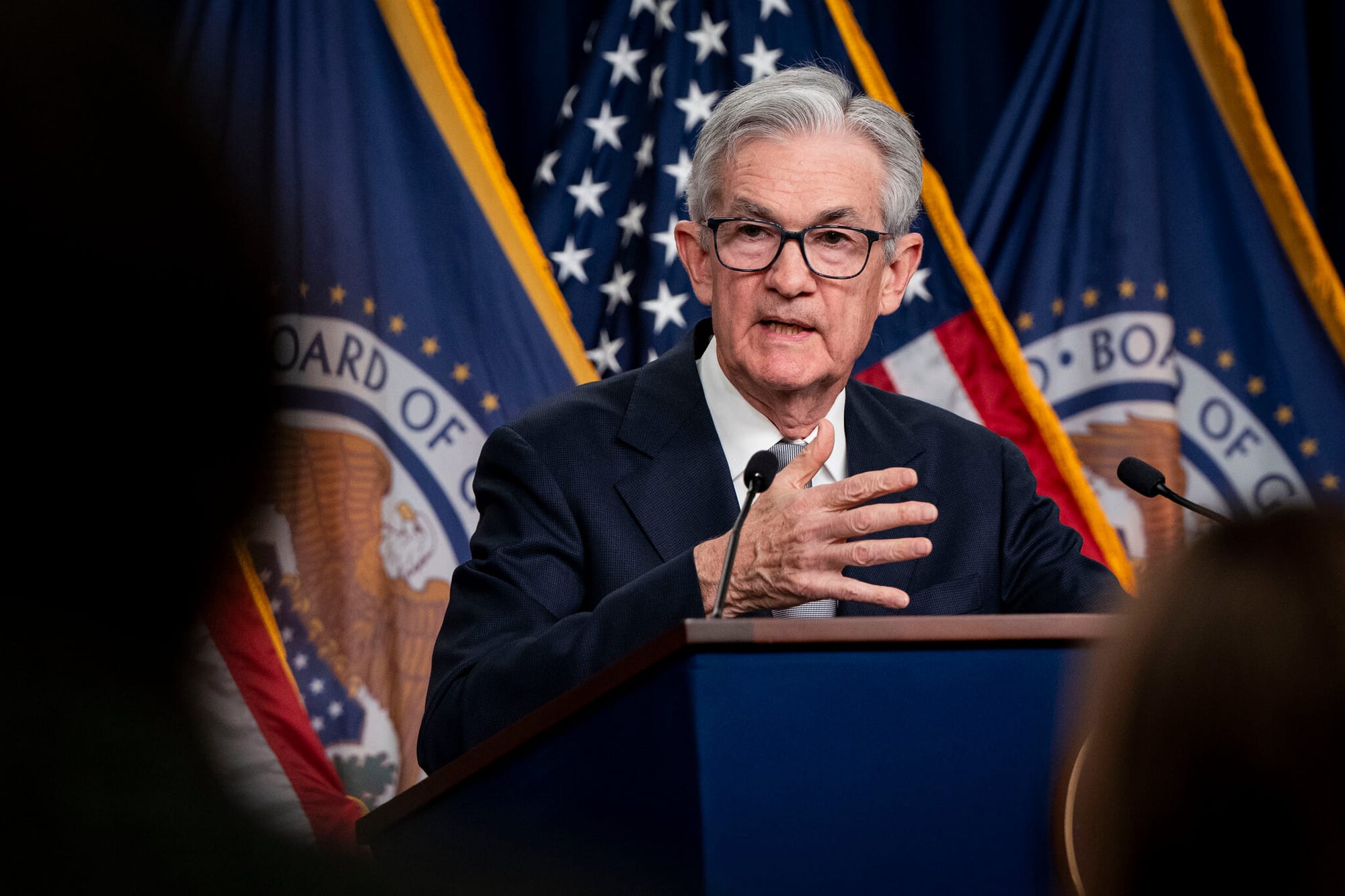Trump Asks Supreme Court to Fire Fed Chair Powell: What It Means for Bitcoin

On April 10, 2025, a significant development unfolded as President Donald Trump requested the U.S. Supreme Court to grant him the authority to dismiss top officials at independent agencies, including Federal Reserve Chair Jerome Powell.
This move, reported by Bloomberg, challenges a 90-year-old Supreme Court ruling that has long protected high-ranking agency officials from presidential interference. The outcome of this case could reshape the balance of power between the executive branch and independent agencies, with far-reaching implications for the U.S. economy and financial markets.
The Federal Reserve has operated with a degree of autonomy since its inception, a design intended to shield monetary policy decisions from political influence. Congress established this independence to ensure the Fed could focus on its dual mandate of maximum employment and stable prices, relying on data-driven analysis rather than political pressures. Historical evidence supports this structure, as countries with independent central banks often experience better economic outcomes, including lower inflation and more stable growth.
However, Trump’s request to the Supreme Court seeks to dismantle these protections, potentially allowing the president to directly influence critical decisions like interest rates. Such a shift could introduce uncertainty into financial markets, as investors grapple with the possibility of politically motivated monetary policy.
Stay In The Loop and Never Miss Important Crypto News
Sign up and be the first to know when we publishOpportunity for Bitcoin and Freedom
The news has sparked varied reactions, particularly within the cryptocurrency community. A less independent Federal Reserve could be a boon for decentralized currencies. The argument is that undermining the Fed’s stability might erode confidence in traditional financial systems, driving investors toward alternatives like Bitcoin.
Additionally, if this were to happen, maybe it would bring the United States one step closer to ending the Fed, which has been a long-standing libertarian movement rooted in the belief that centralized banking fosters economic instability through inflation. Libertarians, as noted in historical critiques of the Federal Reserve, argue that abolishing the Fed, “End the Fed”, would eliminate a system that has devalued the dollar by 98% since its founding in 1913, a point often raised by advocates like those in the Libertarian Party who favor free-market banking and minimally regulated economies.
Such a shift could resonate with Bitcoin supporters who see the cryptocurrency as a decentralized alternative to a faltering traditional financial system, potentially accelerating its adoption as a hedge against dollar devaluation. However, this radical change would also introduce a significant short-term uncertainty, as the Fed’s role in stabilizing the economy through monetary policy would be lost, possibly leading to heightened volatility in both traditional and crypto markets as investors navigate an uncharted territories until things ironed themselves out.
Bitcoin’s historical price movements offer a note of caution. In 2021, the cryptocurrency soared to $65,000, only to plummet to $28,000 that summer before climbing back above $65,000 later in the year. This volatility underscores the unpredictable nature of Bitcoin’s response to macroeconomic shifts, even as its proponents highlight its potential as a hedge against systemic uncertainty.
Legal experts point to the complexity of the case, noting that the Supreme Court will need to determine whether the president’s authority to fire agency heads extends to the Federal Reserve’s Board of Governors. A precedent from 1933, when President Franklin Roosevelt fired a Federal Trade Commission member over policy disagreements, may guide the court’s decision. If the Supreme Court sides with Trump, the ripple effects could extend beyond the Fed, impacting the job security of other agency officials and altering the governance of independent bodies across the government.

